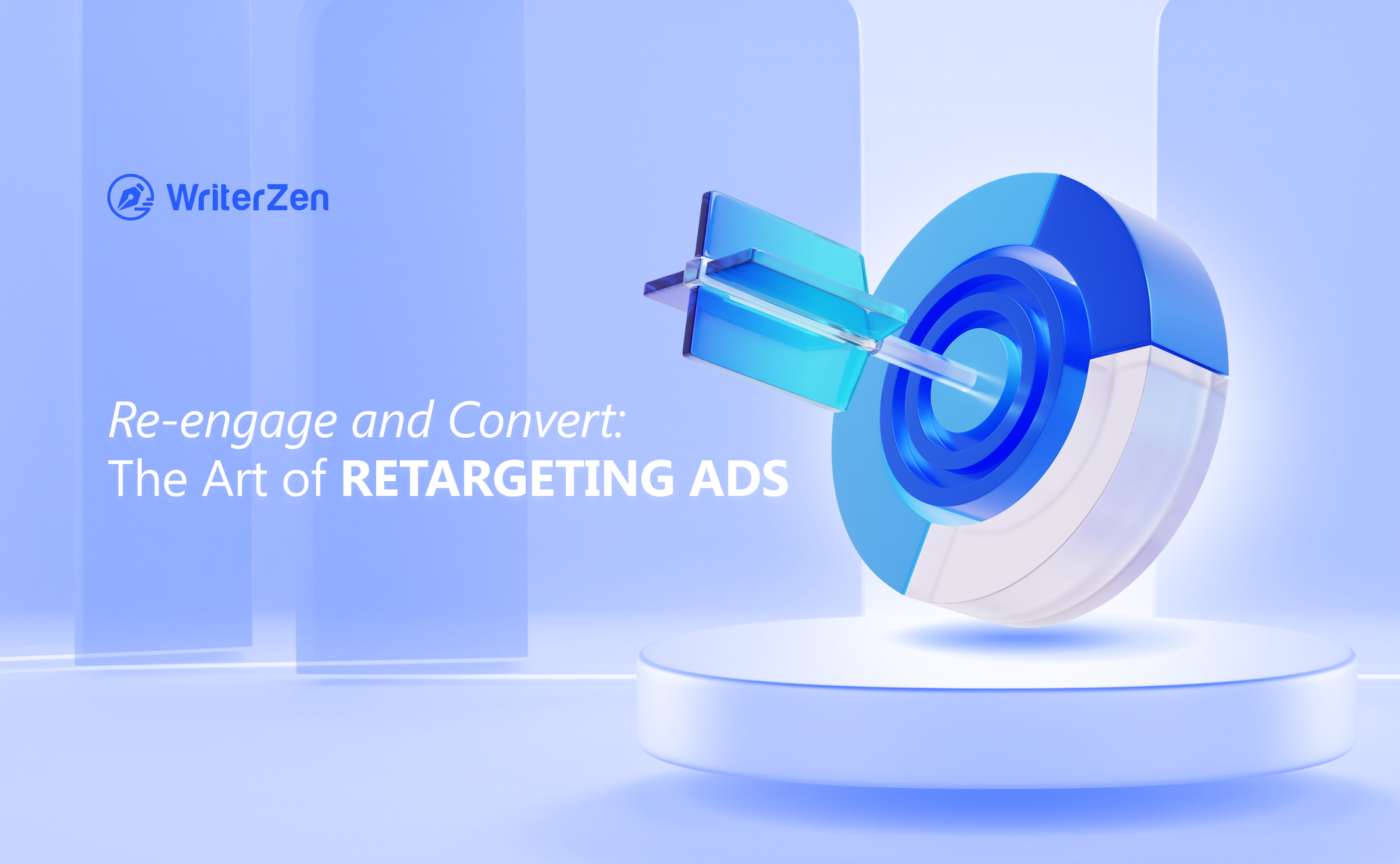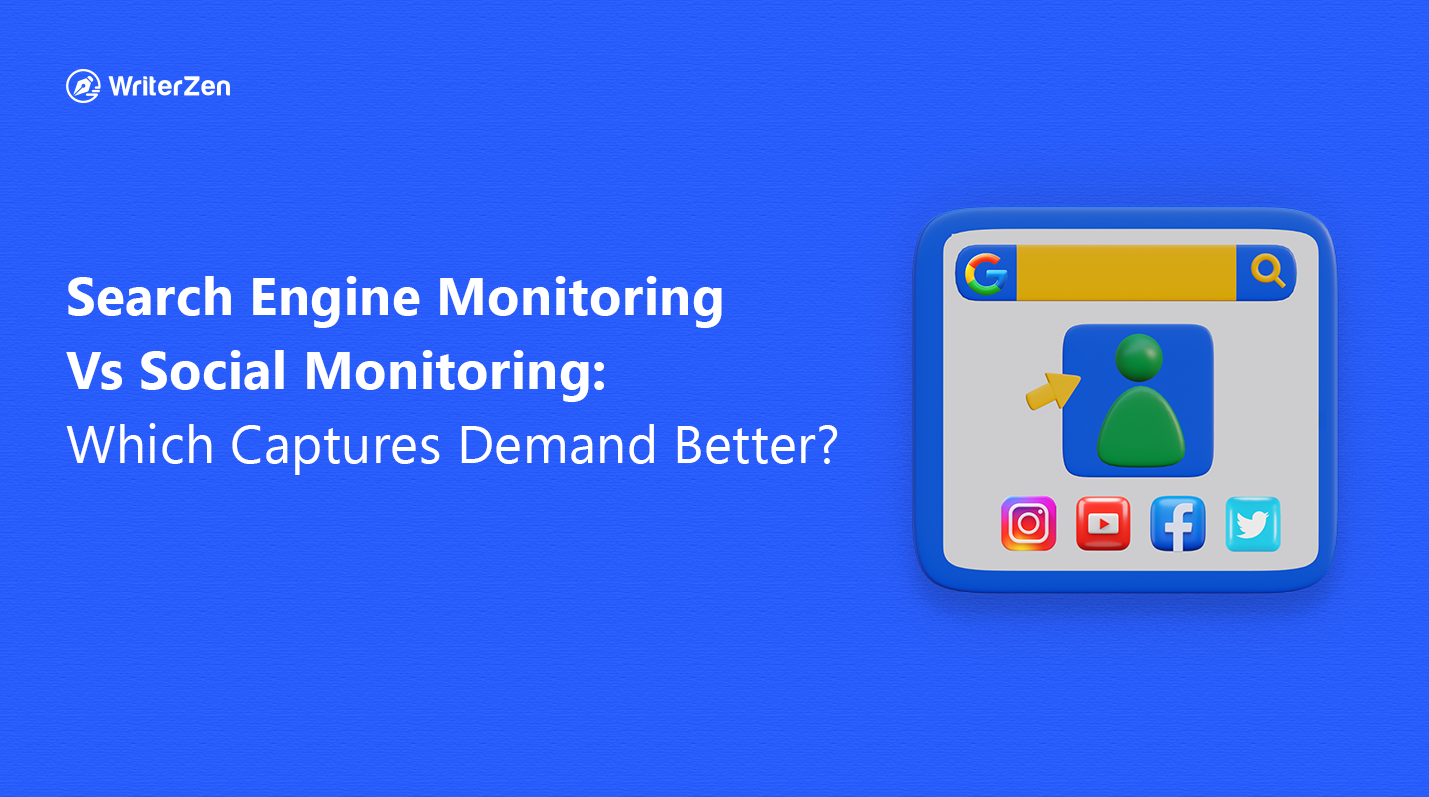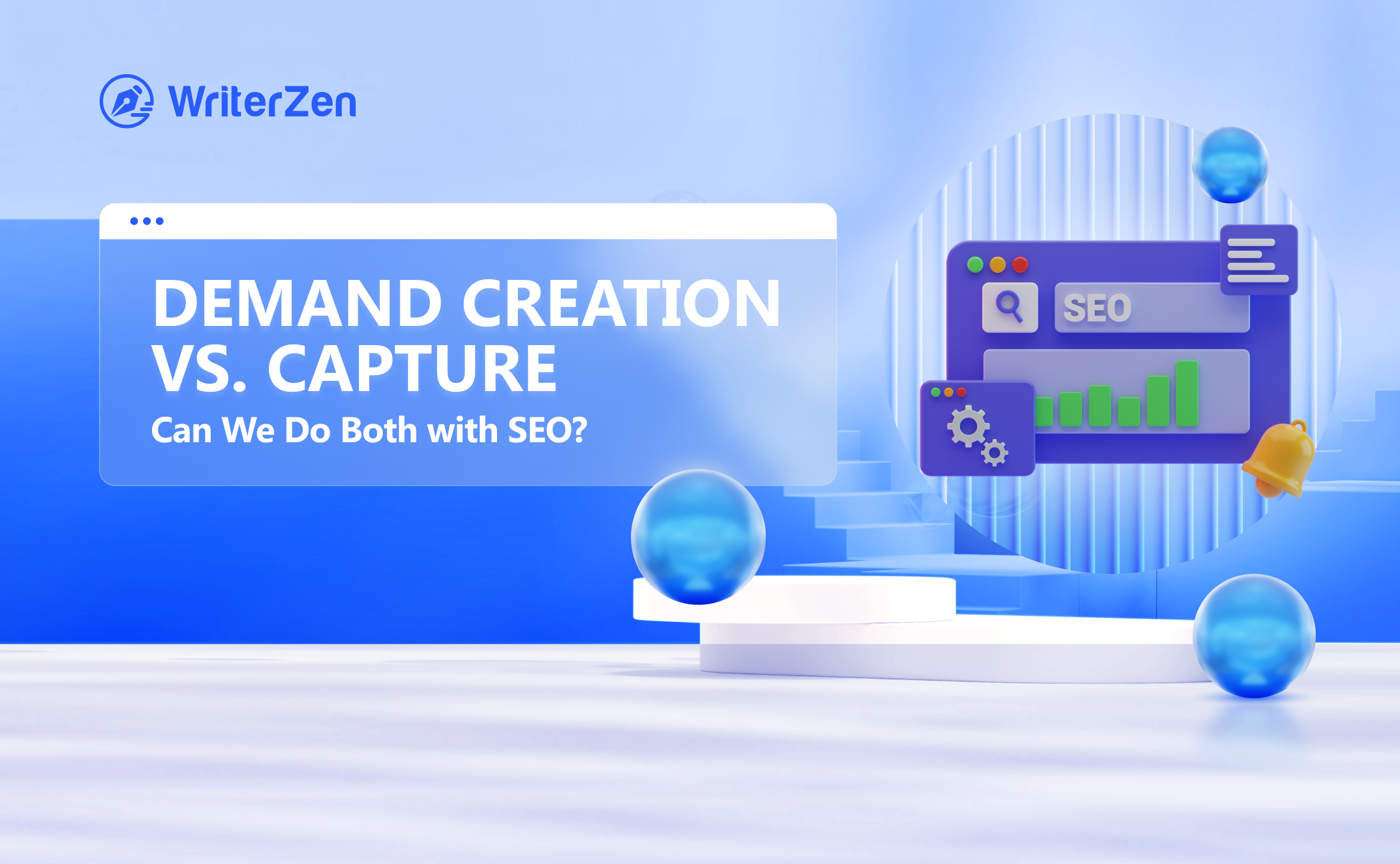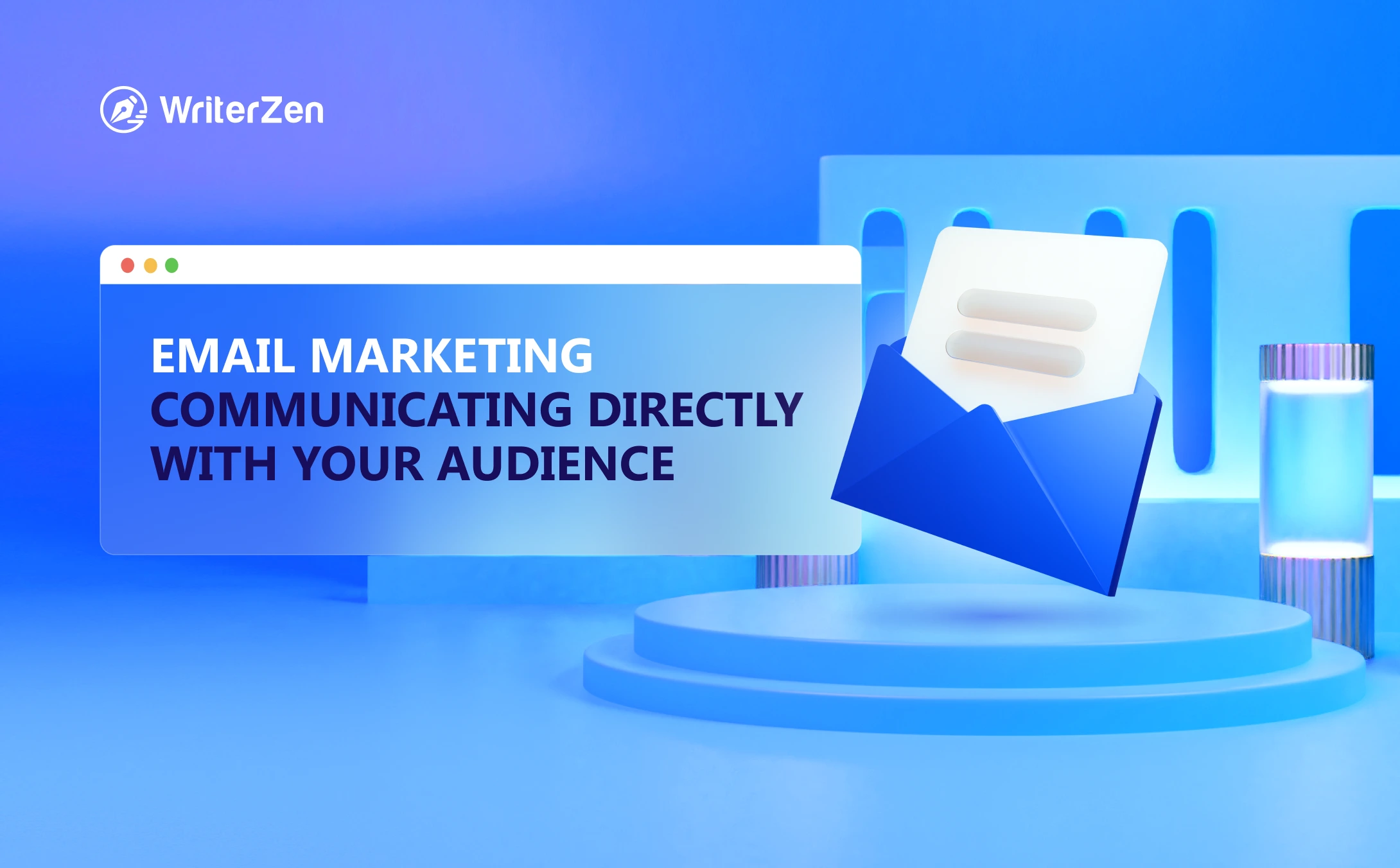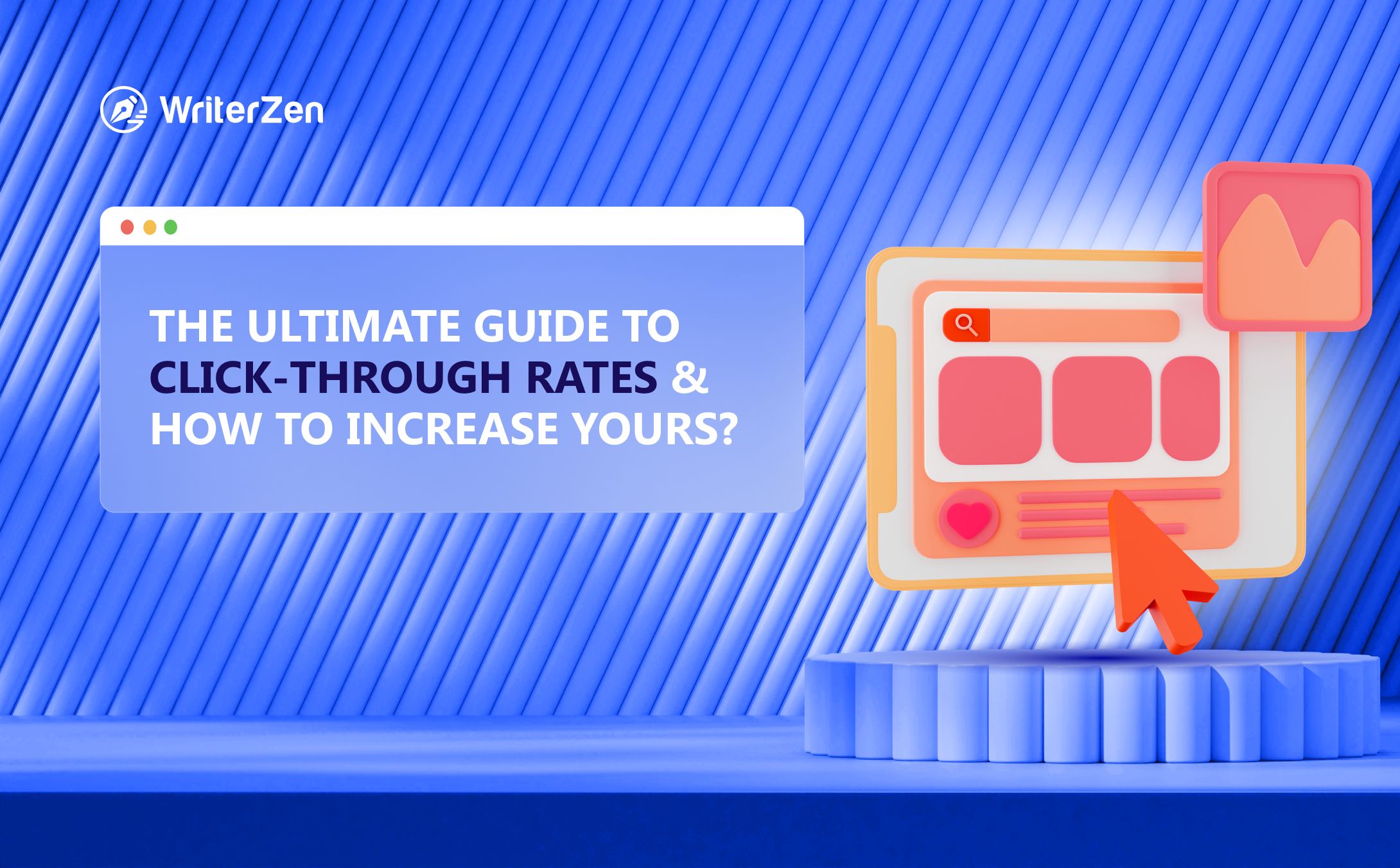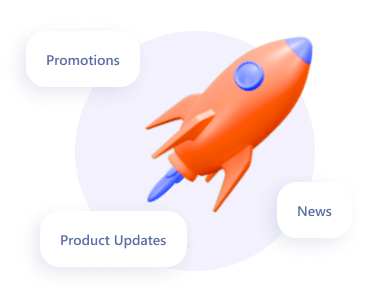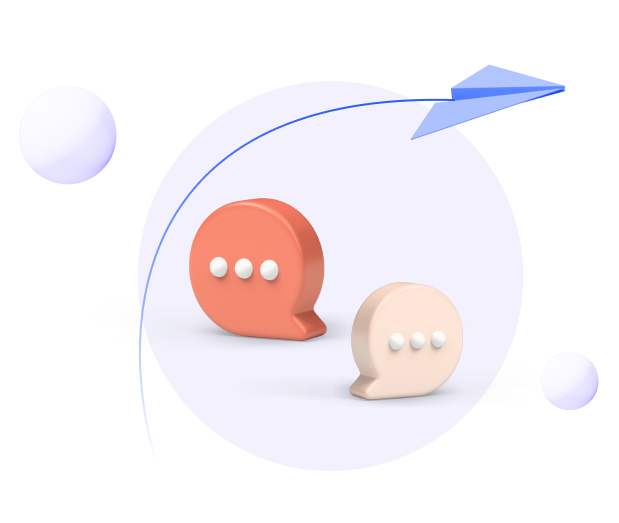Retargeting ads are an important tool for businesses of all sizes, as it allows them to reach out to potential customers who have already shown an interest in their products or services. By understanding how retargeting works and how to use it effectively, businesses can maximize their marketing efforts and increase their chances of success.
In this blog post, we'll provide an overview of retargeting, including what it is, how it works, and how businesses can use it to their advantage. With this information, you will be able to make informed decisions about their retargeting strategy and maximize their marketing efforts.
What is Retargeting?
Retargeting is an effective way for businesses to stay in touch with potential customers who have already shown an interest in their products or services. It works by placing a small piece of code, known as a cookie, on the user's browser, which then allows the business to serve ads to the user as they browse the web.
This allows businesses to target users who have already shown an interest in their products and services, as well as those who may not have been aware of their offerings before.
Additionally, retargeting can be used to serve ads to users who have already purchased a product or service in order to encourage them to purchase again or to take advantage of any special offers.
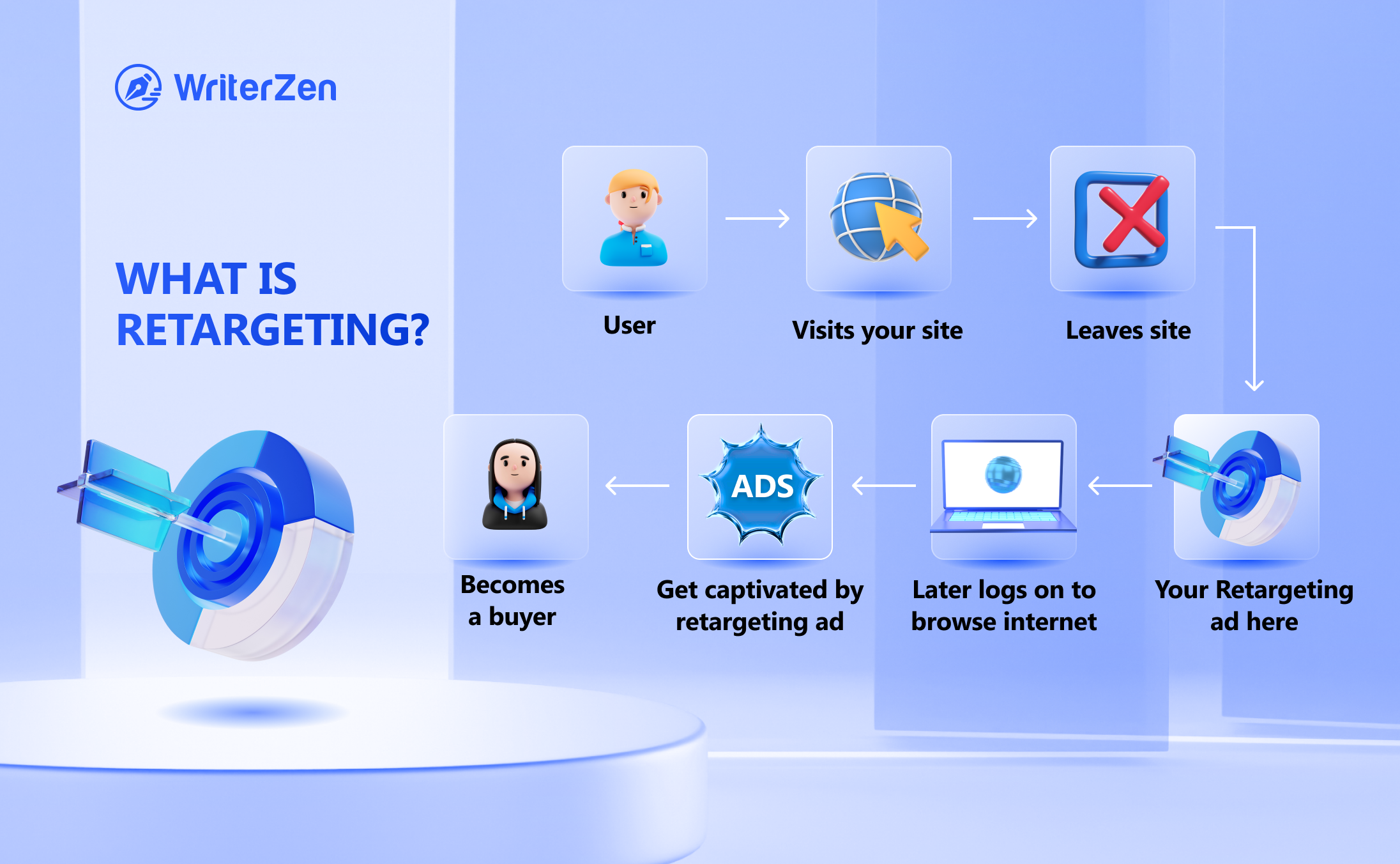
Benefits of Retargeting
By leveraging user data, retargeting helps businesses identify the users who are most likely to convert and deliver relevant, personalized ads to them. This helps businesses increase their conversion rates and reach their goals faster.
Retargeting ads also help businesses build brand awareness. Users who have interacted with the brand before are more likely to recognize it and be receptive to its message as a result of being exposed to the same ads multiple times.
Additionally, retargeting is cost-effective, as businesses only pay for ads when they are clicked or viewed. This allows businesses to get the most out of their ad budgets and maximize their return on investment (ROI).
Types of Retargeting
There are several types of retargeting ads available. Below are some of the most common ones.
Site Retargeting
This type allows businesses to show targeted ads to visitors who have already been to their website. It works by placing a tracking cookie on the user's computer that records the pages they visit.
When the user visits another website, that site can recognize the cookie and display an ad for the business. This form of retargeting is effective because it allows businesses to target potential customers who have already shown an interest in their products or services.
Search Retargeting
Search retargeting uses search data to serve targeted ads to users who have previously searched for related products or services. It works by tracking the search terms used by a user and then serving ads that are tailored to those interests.
By targeting users who have already shown an interest in a particular product or service through search engines, this tactic has the potential to generate more qualified leads and increase conversion rates.
Email Retargeting
Email retargeting is used to reconnect with website visitors who have previously interacted with a business.
It involves sending emails to customers who have already shown an interest in the company's products or services by visiting their website. These emails can be used to offer discounts, promote new products, or remind customers to complete a purchase.
Social Media Retargeting
This is a type of retargeting that allows businesses to target their existing audience with ads on social media platforms. It works by tracking a user's online behavior on social network sites like Facebook, Instagram, Twitter, etc., and then serving them with relevant ads based on their interests.
This type of marketing allows businesses to reach their existing customers as well as potential new ones. It can also be used to increase brand awareness, drive website traffic, and increase sales.
Best Practices for Retargeting
Retargeting is an effective way to reach potential customers, but it is important to follow best practices in order to get the most out of your campaigns.
Define Your Target Audience
First, you must define your target audience by considering factors such as demographics, interests, and behaviors.
Once you have a custom audience list, you can create a series of ads that are tailored to their needs and interests. This will help you get the most out of your retargeting campaigns.
Additionally, you should also consider the types of content that will be most effective for your target audience. For example, if you are targeting a younger audience, you may want to use more visual content, such as videos and images.
Finally, you should also consider the frequency with which you should be retargeting your audience. This will help you ensure that your ads are seen by the right people at the right times.
Set Clear Goals and Objectives
Then, set clear goals and objectives for your retargeting campaigns to ensure that you are able to measure success. Start by defining what success looks like for each campaign. Consider metrics such as click-through rate, cost-per-click, cost-per-conversion, and return-on-ad-spend.
Once you have identified what success looks like, you can create campaigns that are designed to achieve those goals.
Establishing a budget for each of your campaigns is also important. This should include both the cost of the ads themselves, as well as any additional costs such as creative development and ad optimization.
Finally, consider how you will track the success of each campaign. This could include setting up tracking pixels on your website or using a third-party analytics platform. You should also establish benchmarks for each campaign to measure progress against.
Create Compelling Ad Content
Crafting effective ad content is key to a successful retargeting campaign.
Focus on the benefits and value of your product or service and how it can help your target audience. Also, consider using a sense of urgency and/or a strong call-to-action to motivate your audience to take action.
Don't forget to use visuals to make your ads stand out and grab attention. Make sure to use high-quality images that are relevant to your message.
Use Frequency Capping
Additionally, use frequency capping to ensure that you are not bombarding your audience with too many retargeting ads while targeting the right people at the right time.
Frequency capping also helps you avoid wasting your budget on users who have already seen your ads. It's important to keep track of the number of times each user has seen your ads so that you can adjust the frequency accordingly.
It's also a good idea to test different ad frequencies to see which works best for your specific goals.
Test and Optimize Your Campaigns
The last step is to test and optimize your retargeting campaigns regularly to ensure that they are performing as expected. Keep an eye out for any changes in consumer behavior that could affect your campaigns.
Analyze the data you collect to determine if your campaigns are meeting their objectives. If not, consider making adjustments to the targeting criteria or the creative.
Try to experiment with different approaches and see what works best for your audience as well.
Make sure to follow these best practices so as to maximize the effectiveness of your retargeting campaigns!
Final Thoughts
In conclusion, retargeting is an effective marketing strategy that can help you reach potential customers who have already expressed an interest in your business.
By following the best practices outlined above, you can effectively use retargeting adsto reach your target audience and increase your business’s success.


